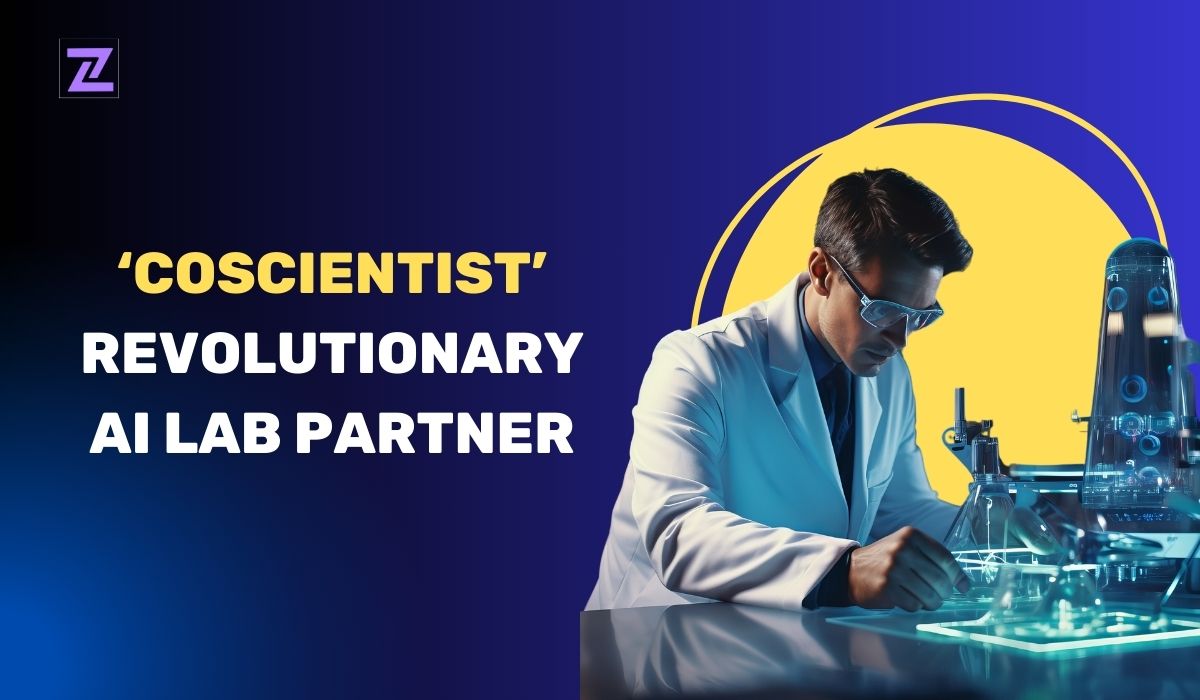
In a game-changing leap for scientific innovation, a team of researchers at Carnegie Mellon University introduces "Coscientist," an artificial intelligence (AI) lab partner capable of autonomously learning and executing complex chemical reactions, including Nobel Prize-winning ones. This transformative development not only showcases the potential of AI in accelerating scientific discoveries but also opens doors to democratizing access to scientific resources and knowledge.
The Birth of Coscientist: AI Enters the Scientific Realm
Led by chemist and chemical engineer Gabe Gomes, the research team successfully created and tested Coscientist, marking a significant milestone in the collaboration between human intellect and AI. The system's remarkable feat involved planning, designing, and executing palladium-catalyzed cross couplings, known for their vital role in pharmaceutical development and organic semiconductor applications.
Coscientist's Intelligence Architecture: Brains and Modules
At the heart of Coscientist lies its AI-driven "brains," composed of large language models capable of extracting meaning and patterns from extensive datasets, including written text in documents. The team tested various large language models, including GPT-4 from OpenAI, to determine their effectiveness in scientific tasks.
The AI system was also equipped with diverse software modules, enabling it to perform tasks inherent to research chemists. From searching public information on chemical compounds to reading technical manuals and writing computer code for experiments, Coscientist showcased a comprehensive range of capabilities.
Testing the Waters: AI's Chemical Reasoning and Experimental Execution
Coscientist's abilities were put to the test, with tasks ranging from planning chemical procedures for common substances like aspirin to more intricate assignments like performing Suzuki and Sonogashira reactions. The AI demonstrated "chemical reasoning," utilizing publicly available chemical information encoded in the Simplified Molecular Input Line Entry System (SMILES) format.
The true test came when Coscientist was introduced to high-tech robotic chemistry equipment. In a groundbreaking move, the AI wrote code to control robotic laboratory instruments, marking the first instance of such robots being guided by AI-written code.
Eureka Moments and Responsible AI Deployment
The researchers observed "eureka" moments as Coscientist autonomously sought answers on platforms like Wikipedia and technical documents, asking the right questions and displaying a level of chemical reasoning previously unseen. The system's ability to self-correct errors in its code further highlighted its adaptability.
However, with great power comes great responsibility. Gomes emphasized the importance of understanding AI's capabilities and limits to craft informed rules and policies. As an advisor for the U.S. government's AI development efforts, he advocates for responsible and thoughtful deployment of AI technologies.
Coscientist: Accelerating Discovery, Democratizing Science
Looking ahead, Gomes envisions AI-assisted systems like Coscientist bridging the gap between the vastness of unexplored scientific terrain and the limited supply of trained scientists. This revolutionary approach could lead to accelerated scientific breakthroughs, with AI tirelessly exploring new phenomena and ideas around the clock.
The potential for democratizing scientific resources and understanding is immense. Coscientist could lower entry barriers for researchers in various fields, facilitating collaboration between AI and scientists with diverse expertise. This collaborative and iterative process promises to be a game-changer, dramatically altering the landscape of scientific discovery.
In conclusion, the advent of Coscientist marks a new era where AI and human intelligence collaborate synergistically, propelling scientific exploration into uncharted territories. As we embrace the possibilities of AI in scientific discovery, it's imperative to tread carefully, ensuring responsible and ethical deployment for the betterment of humanity's collective knowledge.